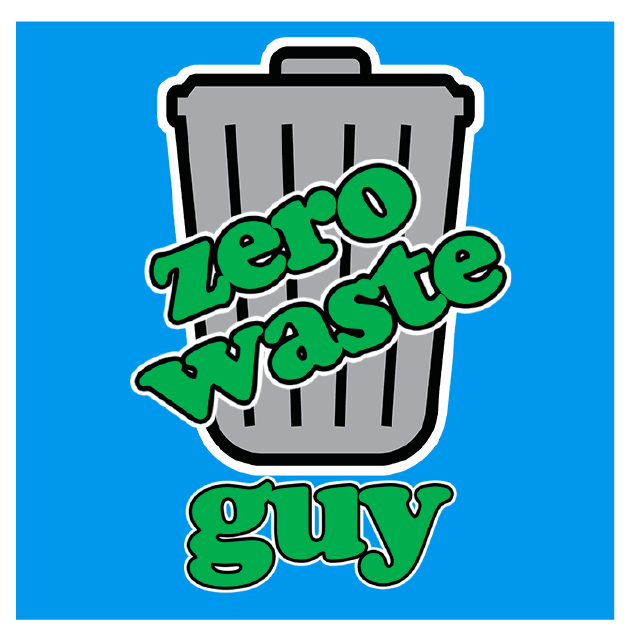Access to clean water
Not everyone in this country has access to clean water. I recognize that, and as I update this post, I think it’s important to call that out.
Convenience at all cost
(Updated July 4, 2020)
Between the 2013 Major League Baseball Home Run Derby and All-Star game, Aramark sold (57,500) 20-ounce Aquafina water bottles. Aramark bragged about it via Twitter, going so far as to tweet a picture of a few huge pallets of water bottled in plastic. Each case was wrapped in plastic, and each pallet was shrink-wrapped. Can you blame them for sharing this accomplishment with the world? At last check, a bottle of water goes for about $5 at a baseball game, which translates approximately $287,000 in revenue. News coverage of these two events attributed it to extreme heat, not extreme profits.
What they do not talk about, is what it actually takes to get a bottle of water into the stadium, as well as what happens to that bottle after you discard it. I could tell you here, but it has already been documented:
Major League Baseball has spent a lot of time sharing with us all how they are going greener, from recycling more to using compostable tableware. They say that about two times as much water that is actually in the bottle is wasted in the process. So, in effect, for every 1 bottle that is sold, 2 are dumped down the drain. When you sell, 57,500, you’ve wasted another 115,000 bottles worth. Recycling is nice, but are they really making a difference when they are recycling something that we didn’t previously consume? Encouraging customers to bring refillable water bottles and providing them with easy to use refill stations would have a much “greener” effect than any other option, but who’s going to turn down such a profitable product?
What did our grandfather’s do at ballparks when they were thirsty before the creation of bottled water, drink beer?
I am told time and time again that capitalism and consumerism are not in and of themselves bad things, but what about when they sell a product or make a profit at the expense of the environment? Annie Leonard talks a lot about this with her Story of Stuff project, but I really feel like most people still do not seem to understand the implications of our linear economy.

Recent Comments